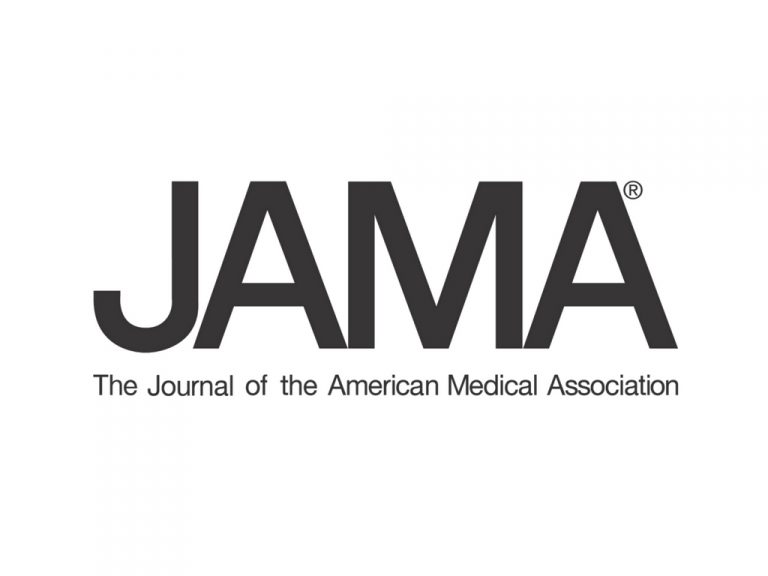We are excited for Doug Weibe et al. for just publishing their study that used the LifeData system to track recovery tactics (cognitive and physical rest) and concussion symptoms in pediatric concussion patients in JAMA Pediatrics.
This study examined 1.) Whether cognitive and physical rest actually assists recovery from concussion in youths (because previous studies indicated that these commonly accepted practices may actually be prolonging symptoms), and 2.) how well the patients were adhering to their recommended rest.
Patients were given an accelerometer, and an iPod Touch with the LifeData RealLife Exp app for two weeks. The accelerometer recorded the patients’ steps, and the app sent prompts to the patients about their cognitive exertion (number of texts sent, screen time, homework), activities, and symptoms.
The study found that cognitive rest and physical activity was associated with decreased symptoms a couple days afterward. Further, all of the patients symptoms decreased by the end of the two weeks, regardless of their activity levels.
Ecological momentary assessment was helpful for this study because it was able to examine real-time associations between cognitive exertion, physical activity, and concussion symptoms- in addition to how the three played out over time.
Wiebe, D. J., Nance, M. L., Houseknecht, E., Grady, M. F., Otto, N., Sandsmark, D. K., & Master, C. L. (2016). Ecologic Momentary Assessment to Accomplish Real-Time Capture of Symptom Progression and the Physical and Cognitive Activities of Patients Daily Following Concussion. JAMA pediatrics.
